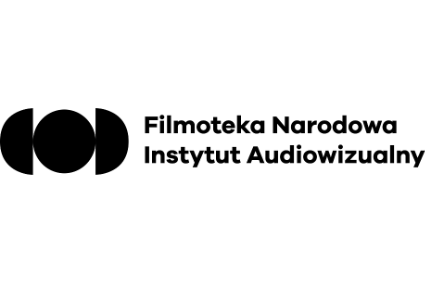
Framing the City: Screenings at the Museum of Warsaw
Collaborating with the Museum of Warsaw is vital for the identity of the Timeless Film Festival Warsaw, which prides itself on being held in the capital and catering to its audience. The museum, a place that cherishes the city’s history and traditions, provides an ideal setting for special screenings of short and feature-length films centered around Warsaw. These screenings feature a diverse lineup including films from the 1930s like Janko the Musician and Life’s Verdict, Maurice Bekaert’s silent Polish Sketch, and a curated selection of documentaries, including pre-war archives and shorts crafted by renowned Polish directors. The primary aim of these screenings, which are free of charge, is educational, emphasizing cinema’s role in preserving the images and history of Warsaw.
Selected screenings will be enhanced by introductions from Michał Pieńkowski, a filmographer at the National Film Archive – Audiovisual Institute (FINA), who has dedicated many years to preserving the heritage of Polish cinema. Among his contributions is a curated collection of archival materials titled Interwar Warsaw:
The Polish cinema of the interwar years extended beyond popular feature films. Our filmmakers also produced a number of short films, including documentaries, most of which, unfortunately, remain unknown to a wider audience today. Timeless Film Festival Warsaw presents a curated selection of films dedicated to Warsaw from the 1930s. These include reportages of state ceremonies such as the changing of the guard, celebrations marking the twentieth anniversary of regaining independence, as well as cinematic impressions that poetically capture the essence of the modern city, its historic landmarks, and everyday life.

Additionally, certain screenings of post-war documentaries about the capital will feature commentary by Błażej Brzostek, a historian and researcher specializing in social and urban history. Two curated sections, titled Documentaries About Warsaw: Portrait of the City and Documentaries About Warsaw: Capital’s Territories, were curated by Jakub Demiańczuk, curator of the documentary section at Timeless:
In organizing the collections of short films devoted to Warsaw, my goal was not only to give voice to the most significant filmmakers in Polish documentary filmmaking — including Kazimierz Karabasz, Danuta Halladin, and Władysław Ślesicki — but also to distance ourselves as much as possible from the propagandistic, postcard image of the capital.
The two collections were also meant to briefly show how the capital changed in the 20th century. From the hustle and bustle of the pre-war streets, through the wartime trauma, rebuilding the city and the bold advancements of modernity, to the challenges of the early post-transformation period. Warsaw, as depicted in the documentaries showcased at Timeless Film Festival Warsaw (the name obliges!), is a city in constant flux, blending tradition with the future, and above all, a vibrant urban landscape — even as its current residents are always accompanied by the ghosts of the past.

For screenings at the Warsaw Museum, collect free admission tickets on the day of the film screening at the museum’s box office, which will be open one hour before the first screening begins. You can obtain admission tickets for all screenings scheduled for that day at once. Please note that one person is limited to a maximum of two tickets per screening.
partner of the section

section organized with

section organized with
